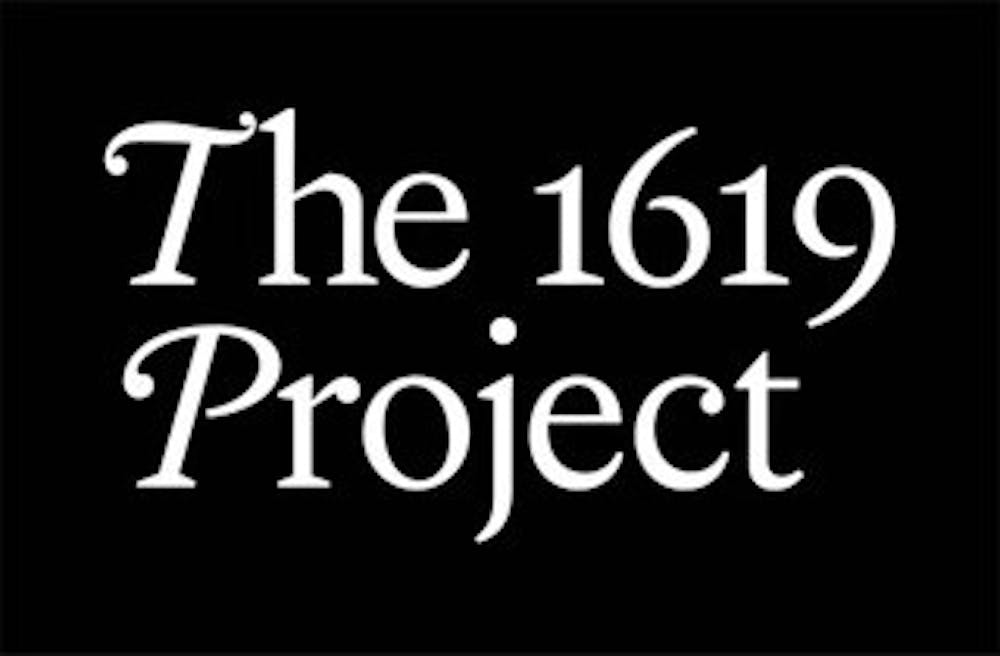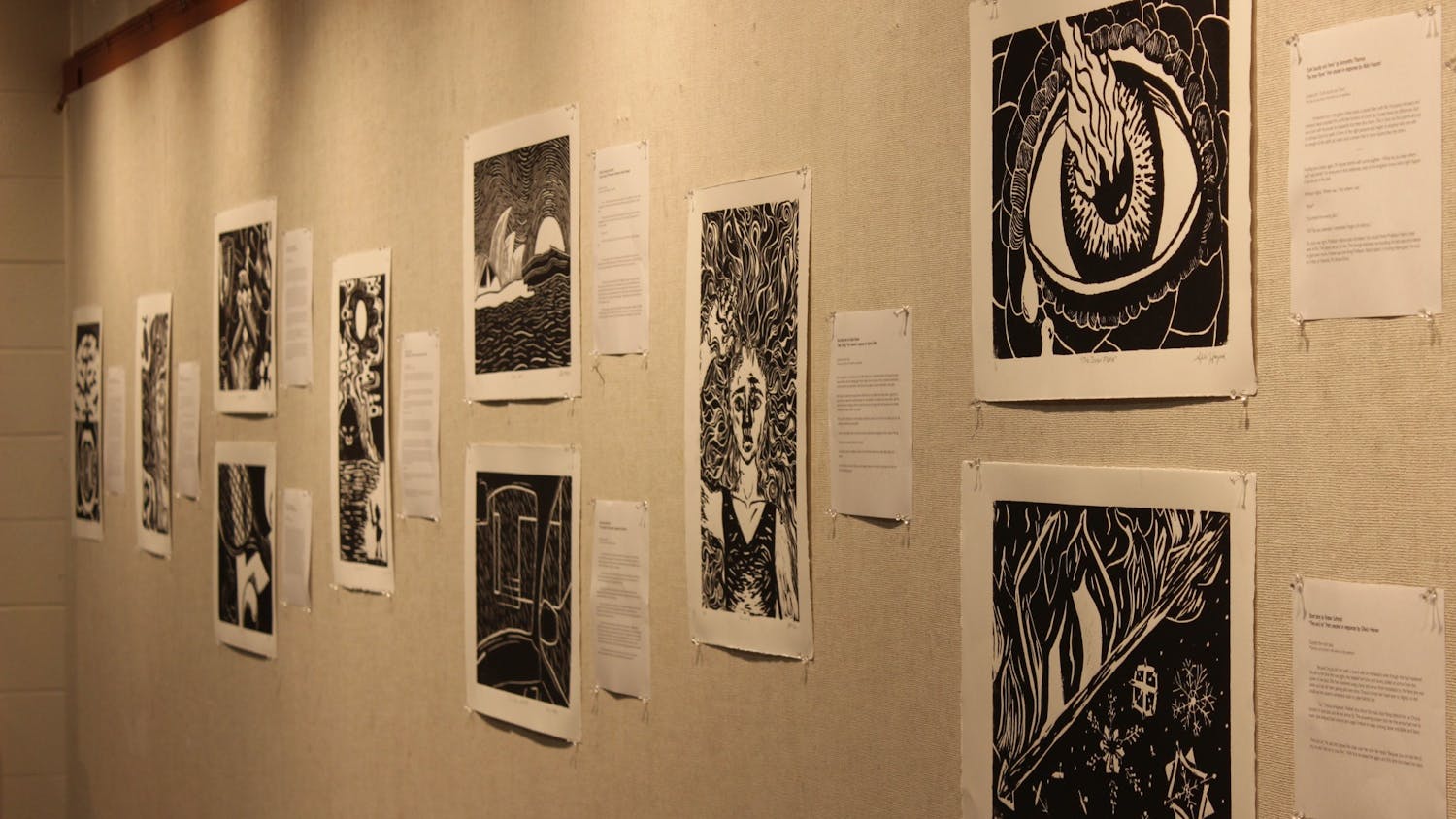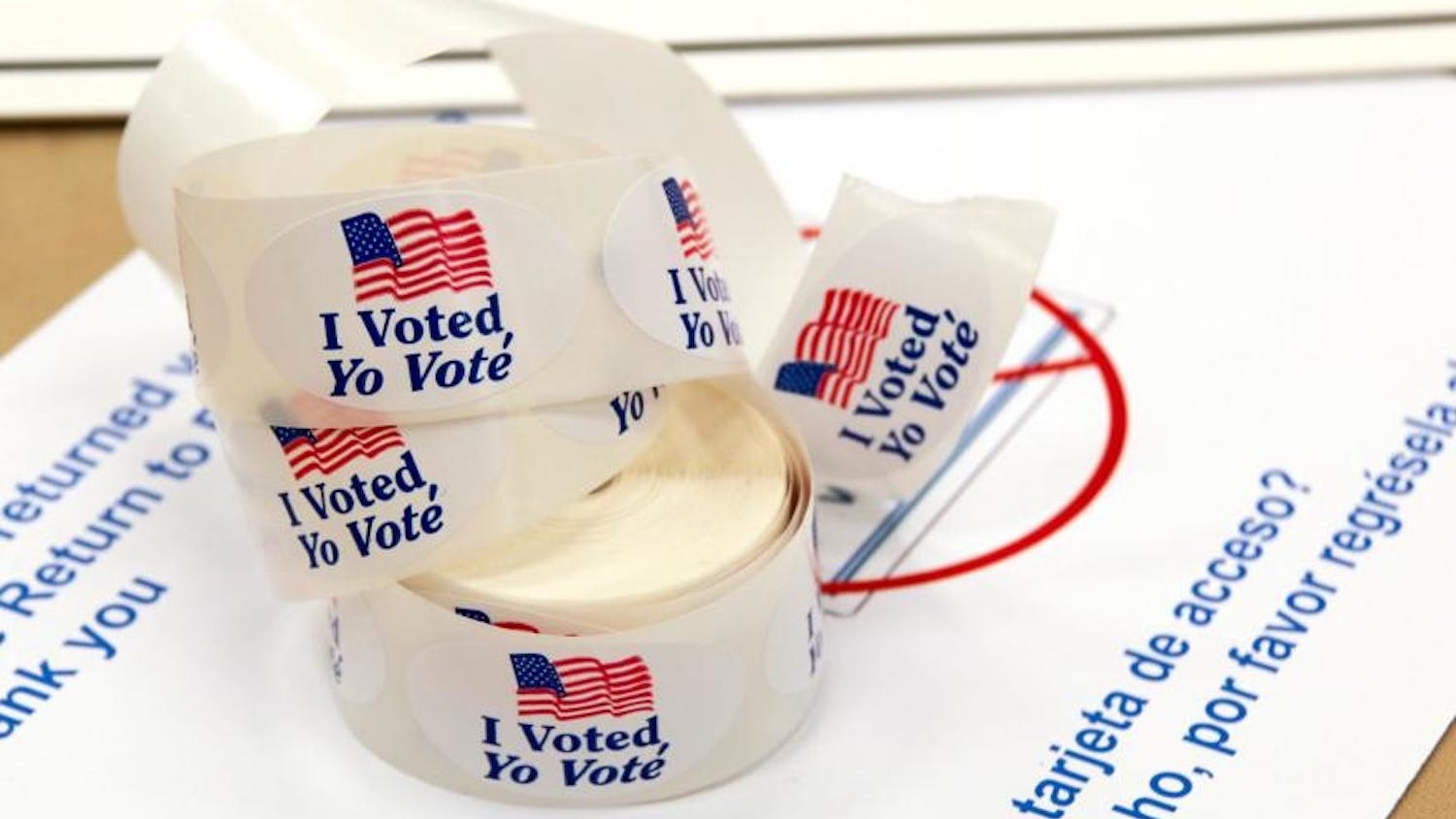The 1619 Project has been the topic of much debate and discussion since its publication by the New York Times in August of 2019.
This initiative seeks to reframe the narrative of U.S. history through the sole lens of slavery and the henious oppression of Black Americans. The project’s material has now been implemented into several public high school history curriculums across the country, hoping to give students a more accurate and raw view of the overarching impact of slavery on this country.
Our founding fathers’ boldness in establishing a country based on the idea of liberty and justice for all was revolutionary, and the words they wrote in our Constitution laid the foundation for the great country we have today. At the same time, however, the reality and detrimental effects of the enslavement and intense racism against Blacks in our country’s history cannot be brushed aside.
While the fundamental idea behind the 1619 project may be advantageous to spur conversation about the past, there are several issues with the factual accuracy and single-story approach of the telling of American history.
“What I really appreciate about the 1619 Project is it’s causing us to stop to consider and to recognize the struggles that have been faced,” said the Rev. Gregory Dyson, the vice president of intercultural leadership and church relations.
Many are of the opinion that the harsh realities of American slavery have not been taught acurately in public schools and the 1619 Project’s mission to fix that is admirable and important. History should be taught as it happened, and not as a dumbed-down narrative that is easier to swallow than the truth.
However, in its effort to emphasize the oppression of Black Americans, the 1619 Project has been called out by many prominent scholars and professors for its factual inaccuracies.
In the original publication of the project, there were several instances where the writers made claims about history that did not have solid evidence to back them up.
For instance, they avowed that 1619, not 1776, was the true founding of America because that was when the first ship of African slaves arrived in North America.
“That’s just ahistorical because in 1619 you have the Virginia Colony, and that would be just about it along the eastern seaboard,” said Dr. Benjamin Wetzel, assistant professor of history at Taylor.
Additionally, the writers claimed that the colonists’ desire to maintain slavery was a main driving factor in their fight for independence from England, and there is simply no historical basis for that claim, Wetzel added.
As reported by Sean Wilentz, professor of history at Princeton University, it was not until 1787 that the movement to abolish the slavetrade was formed in London, and that was largely inspired by the American anti-slavery opinons that were on the rise in the 1760s and 70s.
These factual errors, however, have encouraged many discussions and deep considerations about the past, and Jakob Miller, assistant professor of political science, sees some positive outcomes from this.
“It has sparked a conversation over the American Revolution, over the founding,” said Miller. “It’s inspired people on both sides of the political spectrum to go back and pay more attention to it, and I think that is extraordinarily valuable.”
Both of these claims about the founding and the American Revolution were quietly amended by the writers of the project in response to expressed concerns from the academic community. However, the appearance of lazy journalism in attempting to make unfounded statements about history remains.
The 1619 Project can be admired for its desire to accurately convey the atrocities of American slavery and racial injustice throughout American history.
It is true that there is not an aspect of our country’s history that was untouched by slavery. That should never be ignored or belittled.
It must be held in equal weight, however, that it is problematic to look at history and say that one thing was the defining factor. Such a narrow, one-dimensional view of any story fails to do justice to the whole picture and does not consider the human complexity of the individuals involved.
For instance, under the 1619 Project's curriculum, students would be taught two things about Thomas Jefferson. One, that he wrote the Declaration of Independence, and two, that he owned slaves.
They would not learn, however, that in “Notes on the State of Virginia,” he wrote of the institution of slavery saying, “I tremble for my country when I reflect that God is just … The Almighty has no attribute which can take side with us in such a contest.”
If students were also taught this, they would see that — like all of us — Jefferson was a complicated man with warring convictions.
This single lens through which the 1619 Project beckons us to view history may also overshadow the atrocities that other ethnic groups have suffered at the hand of the U.S. government. The Trail of Tears that the Native Americans traveled and the internment camps on the west coast that imprisoned thousands of Japanese people during World War II were regrettable offenses that should be given appropriate attention as well.
Let us be realistic about the founding of our country. Our founding fathers were the first men in history to found a republic dedicated to the proposition that all men are created equal. Are there things they did not do well? Without a doubt. Yet, despite this, they laid the foundation in America for freedom for all, a foundation upon which we have been able to improve, especially in regards to race relations. Without that irrefutable and groundbreaking statement that “all men are created equal,” where would we be today?
There are many valuable takeaways we can glean from the 1619 Project, and the heart behind it is rightly passionate about conveying the deep scars American slavery has left on this country.
We have the advantage of hindsight. We can investigate all sides of history. Let us seek to do that.





